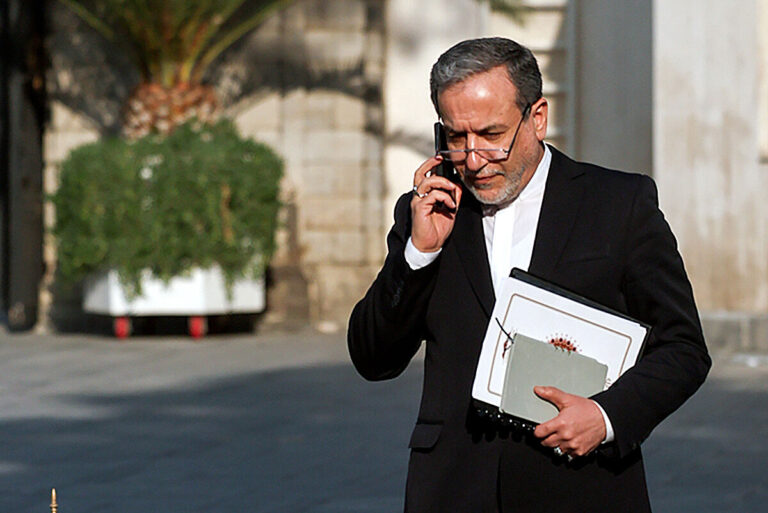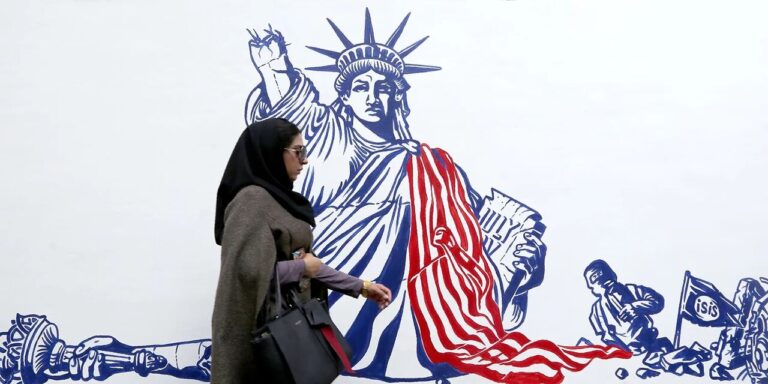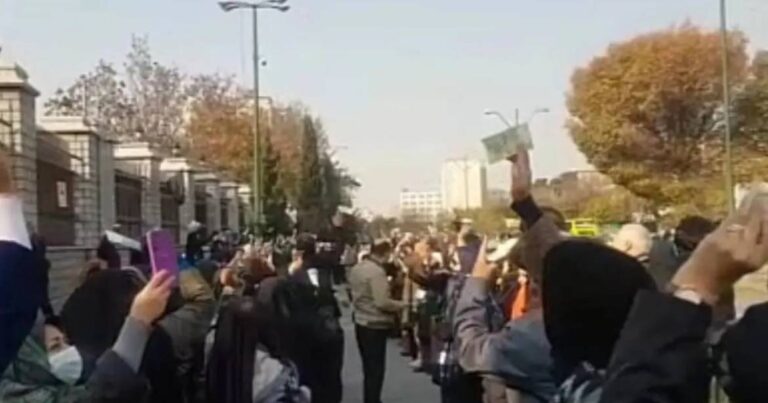Imam Khomeini’s ‘Great Earthquake’: Unraveling the Impact of the Islamic Revolution
The Iranian Islamic Revolution has had a profound influence on the geopolitical landscape of the Middle East and beyond. This revolution is not only significant for Iran but also poses a substantial military threat to neighboring regions, particularly for Israel. The presence of an Islamic system of governance in Iran has been a catalyst for supporting Palestinian organizations, which in turn raises concerns for Tel Aviv. While the immediate implications of this revolution may have been underestimated, its long-term effects on regional political dynamics are undeniable.
Initially, Western and Israeli security analysts realized that the Iranian Islamic Revolution would extend its influence beyond Iran’s borders. They recognized that it would reshape the political culture of various nations, particularly in the Middle East. Here are some key points regarding the concerns of Western powers:
- The Iranian Islamic Revolution introduced concepts viewed as dangerous to regional stability.
- There was a fear that these revolutionary ideas would threaten the interests of the Zionist regime.
- Imam Khomeini emerged as a strong and influential leader with a clear vision for the revolution.
Imam Khomeini played a crucial role in institutionalizing the charisma of the Prophet Muhammad (PBUH) among Shia scholars, establishing a new form of religious authority. His vision included:
- Creating an independent religious leadership free from external pressures.
- Rejecting dependence on both Eastern and Western ideologies.
- Integrating various fields such as mysticism, ethics, politics, and jurisprudence.
Imam Khomeini believed that there was no need for Iran to adopt Russian socialism or American capitalism. The Western world came to understand that this revolution could elevate the awareness of Islamic nations regarding Palestinian rights. This growing awareness posed a significant threat to the existence of the Zionist entity.
One of the most notable contributions of Imam Khomeini was his declaration of the last Friday of Ramadan as International Quds Day. This day became a rallying point for Muslims and people worldwide to recognize their religious duty to liberate Jerusalem and Palestine. Imam Khomeini emphasized:
- The moral obligation to support Palestinians in their struggle against oppression.
- The necessity of acting against the existence of “Israel,” which he predicted would be removed from the map.
Even before the Shah’s regime was overthrown, Imam Khomeini articulated a vision of freedom that starkly contrasted with concepts such as occupation and usurpation. This vision posed the greatest threat to the Zionist regime, as it envisioned a world shaped by liberated individuals.
Imam Khomeini’s concerns extended beyond Palestinian oppression; he recognized a broader struggle against global oppression. He introduced a framework for resistance tied to the Palestinian cause, outlining a roadmap that included:
- Emphasizing the global nature of the struggle against oppression.
- Calling for the eradication of U.S. dominance and other colonial powers.
- Encouraging unity among oppressed peoples worldwide.
Imam Khomeini’s message transcended geographical boundaries, reminding the Islamic nation that the revival of Quds Day would serve as a source of awakening. His vision continues to resonate, even after his passing. In light of recent normalization agreements with Zionism, Imam Khomeini’s principles have reignited hope among Muslims for reclaiming Jerusalem.
The establishment of International Quds Day and the Islamic Republic’s unwavering support for Palestinian resistance have significantly shifted the balance of power in the region. This evolution has implications for the ongoing struggle to liberate Palestine from the river to the sea.
Global leaders have recognized Imam Khomeini’s dedication to the Palestinian cause. For instance, former South African President Nelson Mandela remarked:
“From the very inception of his revolution, Imam Khomeini was devoted to Palestine and Jerusalem. No global challenges could sway him even by a single word. The issue of Palestine was a matter of belief, not a subject for negotiation or fragmentation. The Imam was a perpetual advocate for unity and integration among Muslims and among the oppressed as well.”
Moreover, Mikhail Gorbachev, the last leader of the Soviet Union, acknowledged Imam Khomeini’s impact, stating:
“He thought beyond time, and space could not contain him. He was able to leave an enormous impact on the history of the world.”
In conclusion, the Iranian Islamic Revolution, under the leadership of Imam Khomeini, has had lasting effects on the political landscape of the Middle East. His vision for Palestinian liberation and global justice continues to inspire movements against oppression and colonialism. The ongoing significance of Quds Day serves as a reminder of the struggles faced by the oppressed and the collective responsibility to advocate for their rights.






